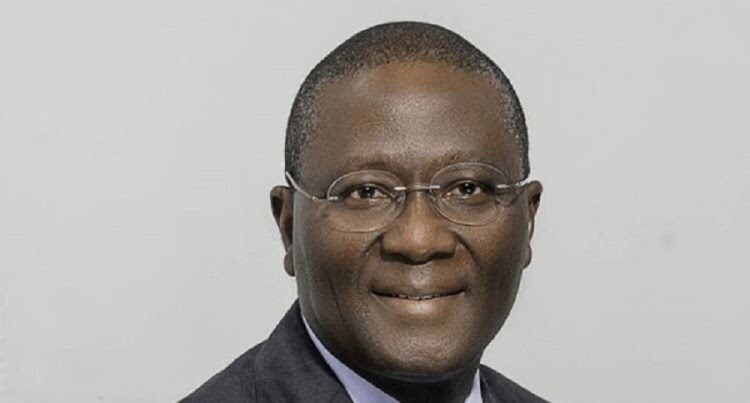
A former Director-General of Budget Office of the Federation, Bode Agusto, has said that pegging the naira to the United States’ dollar can not sustainably address the exchange rate crisis.
Mr Agusto also said floating the Naira, which means allowing the forces of demand and supply to determine the rate at which the local currency exchanges for the USD, is not advisable for the country.
In an article published on his website, he suggested that the country could adopt a crawling peg to effectively manage the exchange rates.
Adopting a crawling peg simply implies that Nigeria starts at a near market NGN/USD exchange rate and then allows its currency to depreciate (or appreciate) against the USD by close to the difference in annual inflation.
“This is the option we recommend for Nigeria. Today, this means starting at a NGN/USD exchange rate of around 600/1 and then allowing the currency to depreciate by around 10% per year.
“It also means allowing knowledgeable willing buyers to do business with knowledgeable willing sellers at contracted rates”.
He suggests the CBN may intervene in the market when rates are significantly higher or lower than its target.
He explained that Kenya and Botswana have successfully managed their exchange rates for a number of years using this option.
“Will Nigeria’s politicians and policymakers accept a 10% annual depreciation relative to the USD? This is the reality they need to face.
“They need to eat humble pie and accept that a peg to the USD though desirable is unattainable”.
According to him, a ten percent annual depreciation against the USD is predictable, businesses and households that are dependent on imports can plan for it.
Contents
Inflation
Mr Agusto also gave suggestions on how the federal government can manage long-term inflation downwards to significantly reduce the annual rate of currency depreciation.
Majorly, three factors contribute to inflation – too much money in circulation, the rising cost of inputs, and too much demand relative to supply.
He believes the driver of Nigeria’s inflation is significantly around the demand-supply dynamics owing to the increasing population with little supply.
“Nigeria adds five million people to her population every year. This results in a significant increase in demand for food, housing, clothing, healthcare, and other things,” he wrote.
“In addition to this, over 22 million Nigerians, willing and able to work, are unemployed. We believe that If Nigeria is better able to manage her population growth (demand) and can get a greater proportion of her people to work and produce (supply), she can reduce long-term inflation significantly.
“These, in our opinion, are the nuts that Nigeria needs to crack to reduce long-term inflation”.
He noted that Nigeria’s unemployed population is roughly the size of Burkina Faso and this poses a huge security problem that needs to be addressed.
Naira free fall
Since the Central Bank of Nigeria ended the sales of forex to Bureau De Change operators in July 2021 on grounds that the parallel market had become a conduit for illicit forex flows and graft, naira has fallen to record lows.
As of Friday, Naira depreciated against the U.S. dollar at the official market, declining 0.66 per cent to N429.00 per dollar from N426.20 it traded at the Nafex window in the previous session on Thursday.
At the parallel market, the currency currently trades at N700-N710 per dollar amidst a shortfall in foreign exchange supply as demand increases.
This continuous decline in the value of naira has raised serious concerns among stakeholders and citizens alike.
Some analysts have blamed this on rising import bills, dollar savings and the accumulation of cryptocurrencies by Nigerians who have lost confidence in the local unit due to its massive devaluation against the greenback currency while some have blamed the recent slump on the Central Bank of Nigeria’s strict foreign exchange policies.
Portfolio
Mr Agusto is a respected figure in Nigeria’s business and economic circle. In 2003, President Olusegun Obasanjo awarded him the national honour of Member of the Order of the Federal Republic for his contributions to the Nigerian Economy.
Subsequently, the then president appointed him as the Director General and Special Advisor to the President on Budget Matters.
Currently, Mr Agusto, who is also a chartered accountant, serves as a Non-Executive Director on the boards of Agusto & Co. Limited and Grand Cereals Limited (a subsidiary of UACN Plc).
He was also a member of the Monetary Policy Committee of the Central Bank of Nigeria and a non-Executive Director of GT BANK, Shell Nigeria CPFA, and Nigerian Agip CPFA.


















































